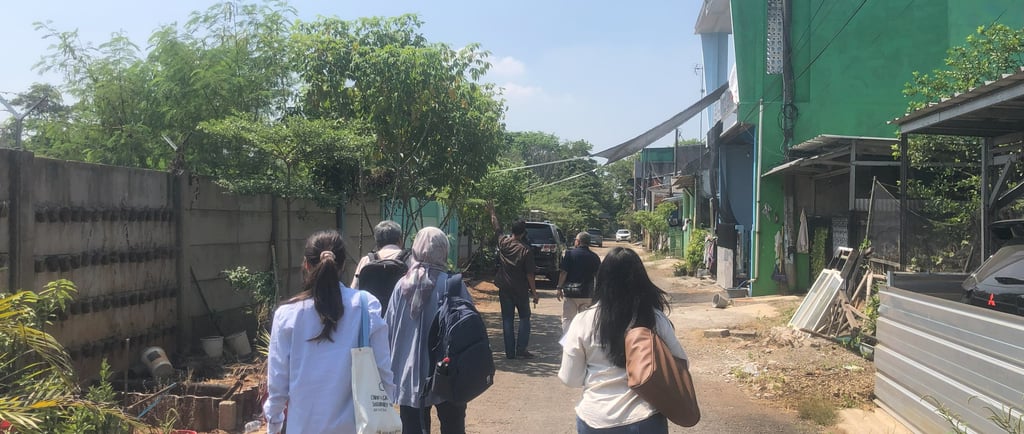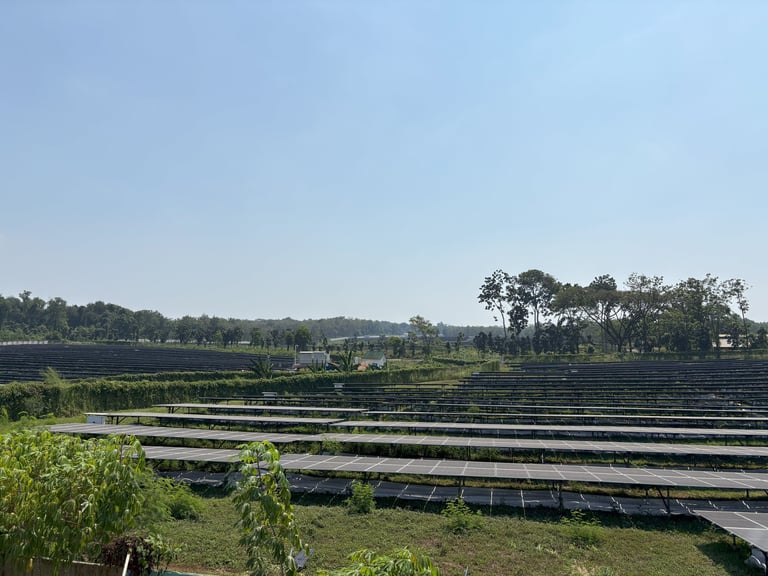Mercy, Mercy Me, Things Ain’t What They Used To Be: Field Notes from Purwakarta, West Java
BLOG


When I first joined the Indonesia team of the SGAIN project, I had zero expectations that my role as a Research Assistant would entail participating in a fieldwork process that would reinvigorate my love for academic pursuits. Luckily, fortune was on my side.
From August 1st to August 7th of 2025, accompanied by three of the Indonesian team’s researchers, Prof. Nur Rachmat Yuliantoro, Dr. Maharani Hapsari, and Dr. Randy Wirasta Nandayatama, as well as my fellow research assistants, Diah Apsari and Yuen Gu, I travelled from Yogyakarta to Purwakarta, a sizable region couched between two Indonesian megacities, Jakarta and Bandung. As one of the few satellite cities to Jakarta to emerge after the developmental boom of the New Order period, Purwakarta is first and foremost an industrial city. Home to factories of both national and multinational corporations, the city’s economy is primarily sustained by the manufacturing sector—in other words, the dream of many Indonesian economists and policymakers, who wish to nudge the country away from a resource-based economy. For many, Purwakarta offered the promise of a cushy, well-paying, 9-to-5 factory job (with benefits) that attracted Indonesians of various origins to migrate to the city.
It was not a surprise that the site of our fieldwork was within walking distance of Kota Bukit Indah Industrial Zone, one of the oldest and most prominent industrial parks in Purwakarta. In 2024, Indonesia’s largest ground-mounted solar power plant was built across various parts of the park’s terrain. On August 2nd, we had scheduled a meeting with one of the heads of the neighbouring village, who would facilitate our conversation with members of the local community. During the car ride from our accommodation to the village, I commented on how visibly close the solar plant was to the residential area, not knowing that the distance (or lack thereof) would become one of the most salient findings expressed to us during the interviews.


During our first day of fieldwork, we did our interviews using an approach that was characteristically very Indonesian. Sowan (“to visit”) is a term in the Javanese language that refers to the culture of visiting homes (usually that of a religious teacher) to seek spiritual fulfillment. For hours, we went around and visited the homes of multiple locals whose lives have been impacted in similar but also unique ways by the project. A series of lengthy conversations with the locals revealed to us that a dense and thick forest once occupied the very land that was now covered by hundreds of solar panels.
The resulting land-use change essentially turned the residential area into a heat island, which in itself produced multidimensional impacts (environmental, economic, social, cultural) that the community is still reeling from. For some residents who have lived in the community for decades, it was not just the loss of land that they mourned, but also the physical space that allowed for the co-existence of man and nature. One woman, who used to enjoy gardening, now regularly finds herself idling at home, scrolling her phone. Children now mostly play indoors, leaving the re-located football field quiet and empty. Although efforts have been made to negotiate with the industrial park’s developers, save for a few empty promises, no significant results have yielded so far. Nonetheless, the village head remains adamant in his efforts to advocate for his community’s wellbeing.
No words can describe how immensely grateful I felt to have my first fieldwork experience just fresh out of my undergraduate degree. At the same time, whatever gratitude I felt is counterposed by a tremendous sense of responsibility towards the local community members who were eager to share their stories with us. I am thankful that the SGAIN project has allowed us to conduct not only productive, but also deeply meaningful research. In the true spirit of the Global South, there is faith in solidarity.
The title of this blog post is taken from Marvin Gaye’s song “Mercy Mercy Me (The Ecology)” from his 1971 album What’s Going On.


